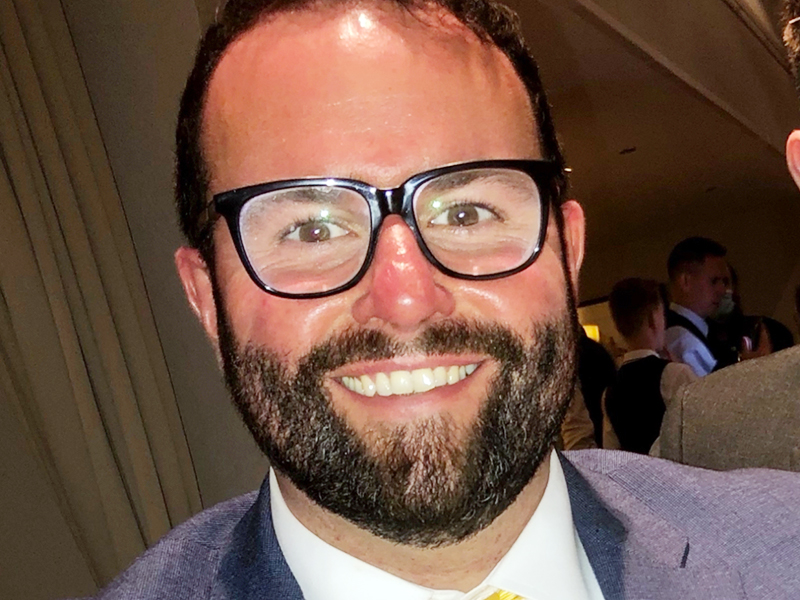This year Citizens Advice celebrates its 85th birthday. For five years I’ve had the privilege to help tell the stories of Citizens Advice in Scotland. As I prepare to move on to a new role, I’ve been reflecting on the stories that will stay with me.
The CAB network is older than our NHS, with the first CABs established in the days that followed Britain joining the Second World War, and there is much in common with our Health Service. Both are free at the point of need and universal in delivery while facing increasing and changing demand. A service which was established before the 1940s must now prepare for the challenges of the 2040s.
The issues CABs deal with hold up a mirror to our changing society. CABs have gone from tracing evacuated relatives and flipping through ration books, to helping people navigate an increasingly complex welfare state and energy market. Those trends and patterns in advice form an evidence base from the umbrella body Citizens Advice Scotland (CAS) that decision-makers can trust.
A year into my time at CAS came the pandemic, and the most extraordinary response from the network. As Covid spread through our country and we had to stay apart, CABs and the Extra Help Unit (EHU) came together to get people the advice they needed. They transitioned to remote working with a speed and skill that would put much larger and better funded organisations to shame, and that was down to the people involved. The network is a volunteer led service, people helping their neighbours. Each CAB is a local charity with its own trustees and funding arrangements, reflecting the communities they serve and doing so with an empathy and kindness that we can all learn from.
That kindness is in response to stories that make you cover your mouth in horror. The disabled women forced between eating and charging her medical equipment. The working family buying cloth nappies to keep costs down but worried about the cost of turning on the washing machine. The pensioner showering twice a week at the leisure centre because it was cheaper than running their own hot water.
Many of those stories have happy endings. In my five years here, CABs have helped 630,749 people with advice and unlocked £725 million in the process. That money puts food on tables, keeps the lights on and helps our local economies.
Beyond those numbers are stories of changed lives, like the family able to send the kids to school because their local CAB facilitated access to school uniforms. Some of the changes seem small but mean the world, such as the parents finally having enough money to buy their child an ice cream as well as dinner that night.
As I move on to a new role, I’m awestruck by the people who make up this network, from staff and volunteers in CABs, the brilliant energy caseworkers at the EHU, to the team at CAS striving to help others and make our communities better.
Demand for CABs will never end in the way policymakers might hope to end the need for food banks. People will always need advice, it’s just that the type of advice needed may change. The story of Citizens Advice doesn’t end, because it’s the story of all of us.
Kieron Higgins was head of communications for Citizens Advice Scotland from May 2019 to May 2024
This article originally appeared in the Herald.







